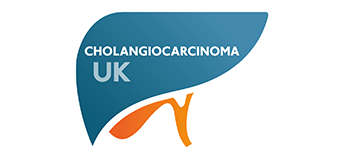AMMF’s Virtual 2021 European Cholangiocarcinoma Conference
Abstract No 12
Crenigacestat inhibits iCCA tumour progression via NOTCH1/HES1/CD90 pathway
Serena Mancarella1, Isabella Gigante1, Grazia Serino1, Diego Calvisi2, Antonio Cigliano2, Silvia Ribback3, Rodolfo Sardone1, Raffaele Armentano1, Gianluigi Giannelli1
1 National Institute of Gastroenterology “S.de Bellis”, Research Hospital, Castellana Grotte, Italy
2 Institute of Pathology, University of Regensburg, Regensburg 93053, Germany
3 Institute of Pathology, University of Greifswald, Greifswald 17489, Germany
ABSTRACT
Intrahepatic Cholangiocarcinoma (iCCA) is a malignant tumor arising from intrahepatic bile duct1 often diagnosed belatedly. Currently, curative treatment involves partial hepatectomy. In patients with early stage disease, chemotherapy and radiation treatments have been accepted as standard first-line treatment, with some partial benefit1. Detection of iCCA novel diagnostic and prognostic biomarkers may make as early detection prognosis and potential treatment. Previously, we have demonstrated the involvement of Notch1 receptor in iCCA progression by developing and validating an iCCA patient-derived xenografts (PDX) model2. Specifically, we have demonstrated the effect of Crenigacestat, a gamma-secretase inhibitor (GSI), that significantly inhibited Notch pathway and tumor growth. By gene expression analysis, we have proved that several genes implied in Notch-dependent angiogenesis, were down-regulated by Crenigacestat treatment2. Another gene that, in iCCA PDX model, undergoes the same effect following GSI treatment is THY1/CD90. In the current study, we evaluated THY1/CD90 gene and protein expression in human iCCA tissues and PDX model. THY1/CD90 co-localizes with epithelial marker EPCAM, showing no doubts on its origin. Furthermore, by Notch1 silencing in human iCCA cell lines, we found that THY1 gene was down-regulated, as well as HES1, indicating its expression was related to their one. We further demonstrate that RBPJ, an important transcriptional regulator in Notch signaling pathway, has largely overlapping binding sites on THY1 promotor, assuming that it acts as a downstream target for Notch signaling. Finally, Kaplan-Meier survival analysis of human iCCA tumor patients demonstrated that NOTCH/HES1/THY1 expressing tumors are correlated to a worse iCCA patient survival. We herein summarize that NOTCH/HES1/THY1 axis can be uses to guide the diagnosis and treatment of iCCA patients.
1.Razumilava N et al. Cholangiocarcinoma. Lancet 2014 Jun 21;383(9935): 2168-79
2.Mancarella S, et al. Crenigacestat, a selective NOTCH1 inhibitor, reduces intrahepatic cholangiocarcinoma progression by blocking VEGFA/DLL4/MMP13 axis. Cell Death Differ. 2020 Aug;27(8):2330-2343
To view the poster, click here
Back to previous page







